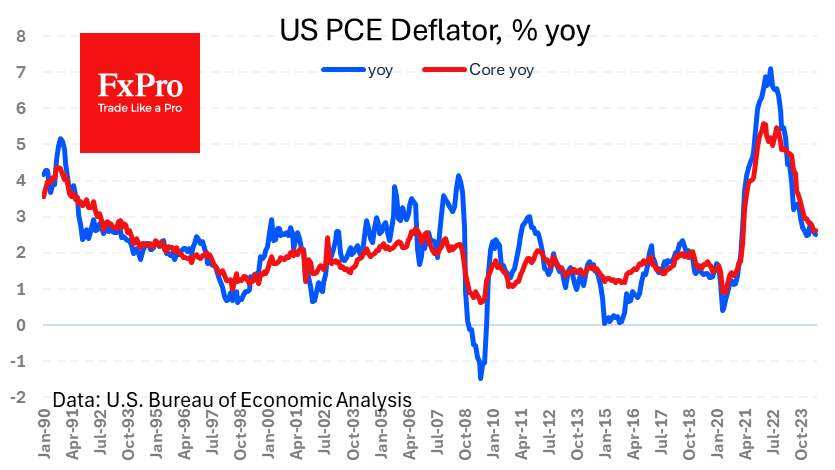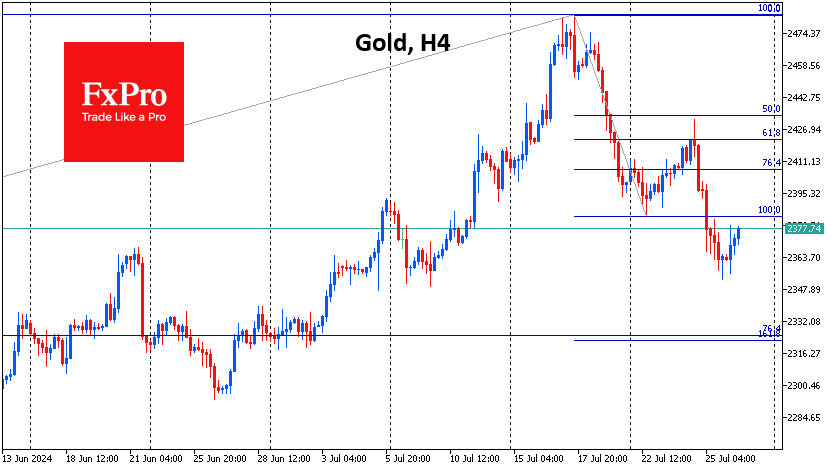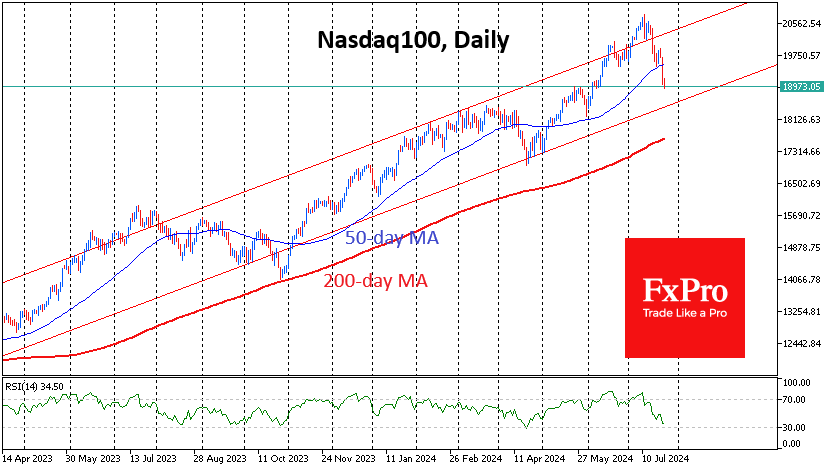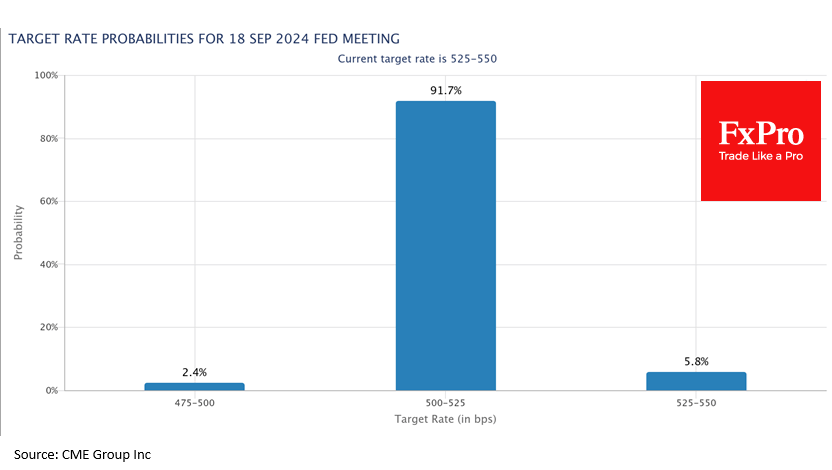Japan’s ongoing inflation acceleration demands more from the BoJ
December 23, 2022 @ 17:23 +03:00
Japan boasts one of the slowest consumer price rises in the developed world. Data published Friday morning showed a 3.8% increase in prices in November compared to a year earlier, excluding fresh food and energy prices, an increase of 2.8% y/y.
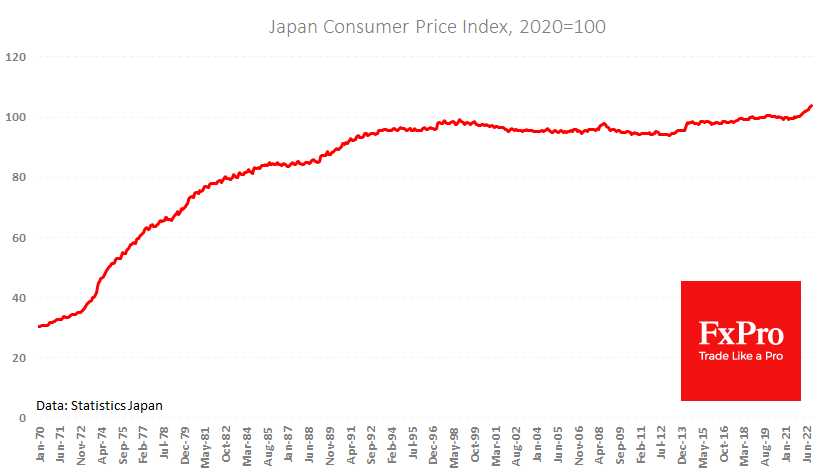
Inflation in Japan is so low that the consumer price index (now at 103.9) is only 5.4% above its peak in 1997, and prices have made most of this increase over the last twenty months. In Japan, cash has thus lost far less purchasing power than in other developed countries. And that’s the good news.
The bad news is that Japan is losing this feature. Consumer inflation continues to accelerate, while a reversal is in sight in the USA and Europe. Not least, the more than 30% weakening of the yen against the dollar between March and October has played a role in this. This factor still needs to be fully reflected in consumer prices, and an acceleration in the coming months promises to continue.
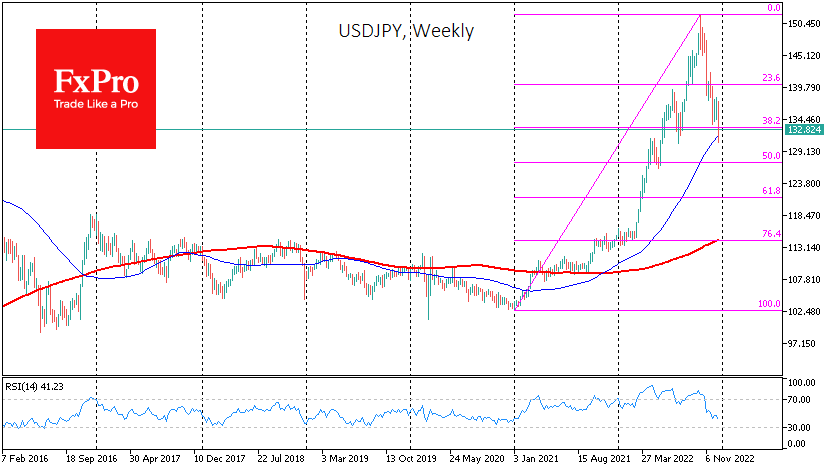
From the action of the BoJ earlier in the week, the Bank of Japan realises that it is better to switch from fighting falling prices to containing them. It seems unlikely that the widening of the yield corridor on 10-year bonds carried out earlier in the week is sufficient. Accelerating inflation and higher-than-expected inflation values will almost certainly force the BoJ to move out of negative rate territory at the start of next year, although an important step is unlikely.
Without a further move on the part of monetary policy, the yen again risks coming under pressure due to the vast interest rate differential with other reserve currencies, starting with the dollar. This means that without further monetary policy tightening, the USDJPY will slide again, erasing the appreciation made in the last two months.
The FxPro Analyst Team




